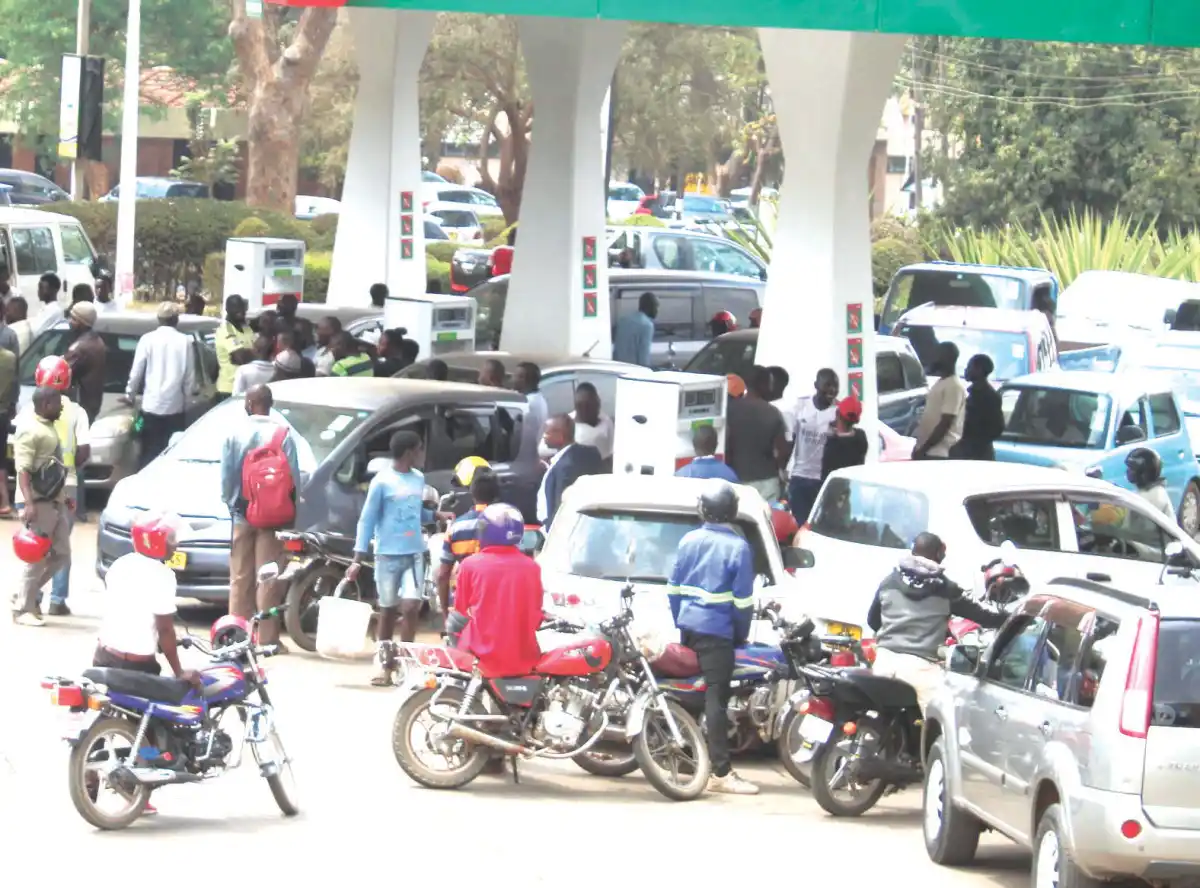

The Malawi Energy Regulatory Authority (Mera) has said it is consulting on the issue of reviewing prices of fuel as one way of dealing with losses that are being registered in the industry.
It says as things stand, the Mera Board has been liaising with government officials on the issue.
Addressing members of the Parliamentary Committee on Commissions, Statutory Authorities and State Enterprises in Lilongwe Thursday, Mera Director of Finance Zacharia Ng’oma, who represented chief executive officer Henry Kachaje, said they were hopeful that a common understanding would be reached on the matter.
He said Mera had already started raising prices of gas.
Indeed, earlier this week, the authority announced new gas prices.
“Prices are, indeed, supposed to go up as prices have been accumulating slowly since the first time the country had devaluation in 2022. Prices were supposed to go up that time but a decision was made to cushion consumers [from the effects] and adjustments were a bit low.
“The other problem that we are encountering is that importers are having challenges to bring fuel due to forex, as commercial banks are not providing enough forex,” Ng’oma said.
He added that if fuel prices were adjusted, the move would enable the institution to generate enough funds, putting it in a position to remit fuel levies.

On his part, committee chairperson Bintony Kutsaira said something needed to be done on the issue so that the country could be having enough fuel.
While stressing that price adjustments were one of the solutions to the problem of fuel supply challenges, he said there was a need for thorough consultations on the matter.
“We are told that fuel is being sold at a lower price than procurement prices. It is up to the government and Mera to make the right decision so that other projects should not stall due to low collection of funds,” Kutsaira said.
Recently, representatives of Petroleum Importers Limited (PIL) told members of the Parliamentary Committee on Natural Resources and Climate Change that the country was remaining with fuel for two days
According to some committee members, PIL representatives confided in them that as of Sunday, the country had petrol for one day, with diesel stocks being only enough to cater for two days.
Now fuel queues have become the norm in most parts of the country.
In an interview after meeting officials from PIL in Mponera, Dowa District, on Monday, committee chairperson Werani Chilenga said PIL officials already wrote the Ministry of Energy, alerting it to the urgency of the matter, on Thursday last week.
This is coming at a time a financial crisis has hit implementation of Malawi Rural Electrification Programme (Marep) 9, with the Ministry of Energy indicating that it had no resources with which to complete phase 9 implementation worms.
The ministry indicated that it required K76.5 billion to complete the phase but that it had been struggling to raise the money because it was not getting Marep funds from Mera.
Mera gets 90 percent of the funds from the fuel levy, with the remaining amount coming from other sources.

Speaking after meeting members of the Parliamentary Committee on Natural Resources and Climate Change and Government Assurance and Public Sector Reforms at Parliament Building in Lilongwe last week, Rural Electrification Deputy Director Francisco Chingoli indicated that the ministry further needed K64 billion for the procurement of materials for Marep 10.
He, however, said they only had K570 million in their account.
“The Malawi Energy Regulatory Authority owes the Ministry of Energy K102 billion which, if provided, would have helped us complete [implementation of] Marep 9 and also plan for Marep 10.
“Year-to-date collection [April 2023 to March 31 2024) stands at K15.3 billion against a budgeted figure of K34.3 billion, representing K19 billion under collection,” Chingoli said.
Under phase 9, Marep intended to connect 460 households but its statistics indicate that only 227 households have been reached.
The objective of Marep is to increase access to electricity for people in peri-urban and rural areas as part of the government’s efforts to reduce poverty levels, transform rural economies, improve productivity and improve the quality of social services.
Recently, Consumers Association of Malawi Executive Director John Kapito asked Mera officials to raise fuel prices to address fuel scarcity challenges in the country.


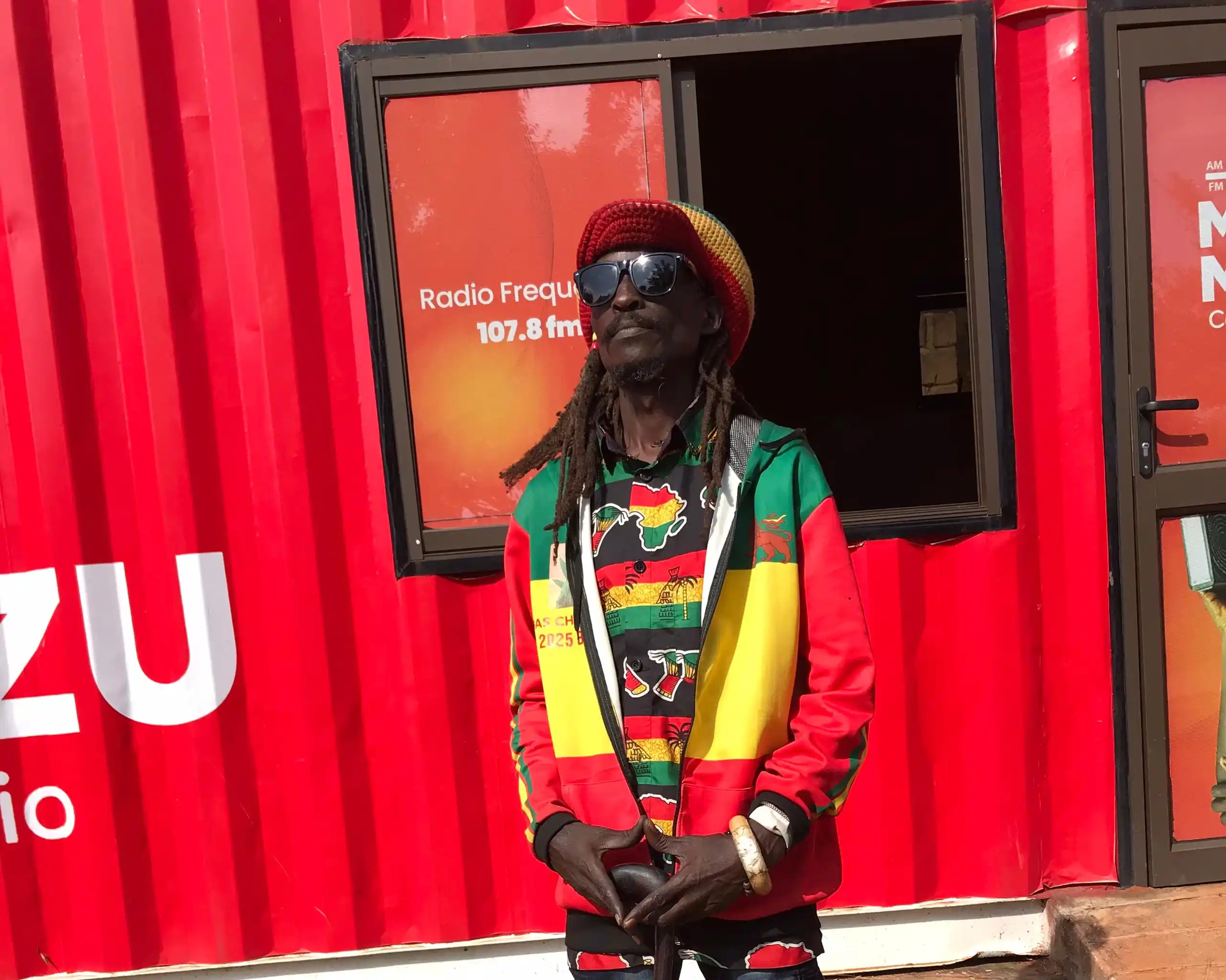

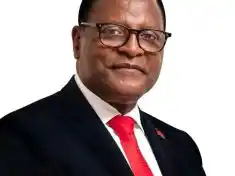
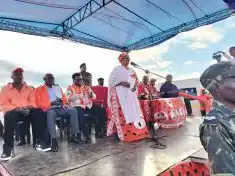
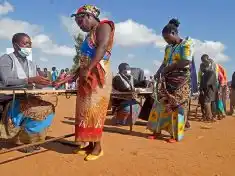

0 Comments